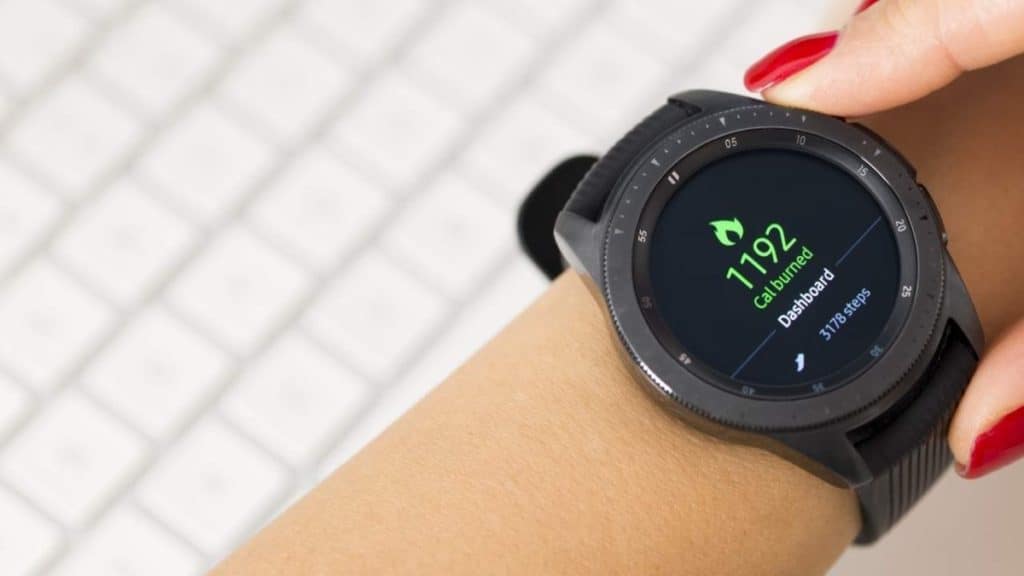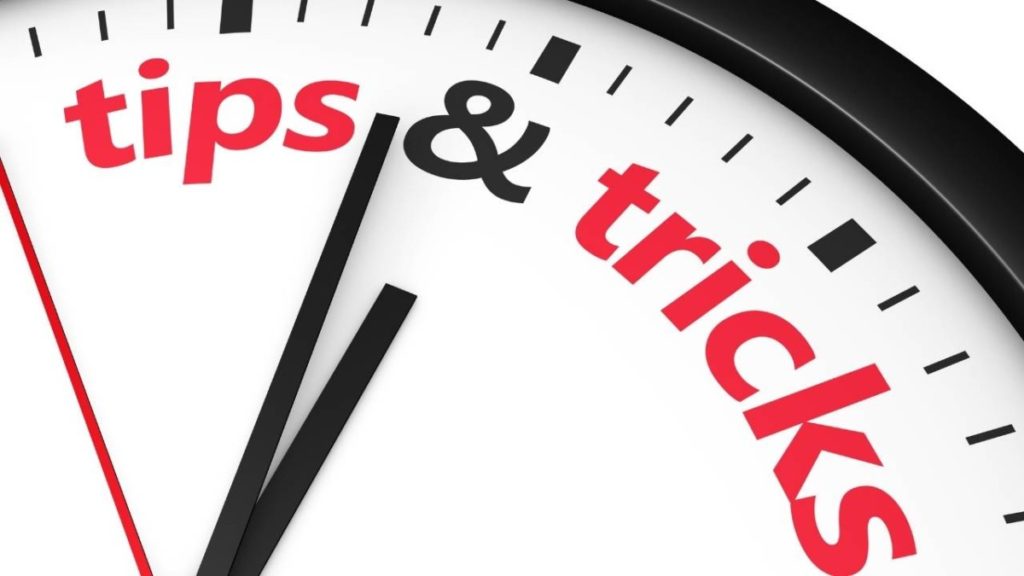
Knowing what the average time to run 7 miles is you can know whether you are below average, average, or above average in terms of speed.
A runner with an average level of fitness can run 7 mile between 66 minutes and 103 minutes. The average time for a male aged 20-40 is around 70 minutes. For a female is 80 minutes. For advanced runners, an average 7-mile time is around 60 minutes or faster.
Table of Contents
Average 7 Mile Running Time for Males

On average it takes a male between 66.30 and 91.35 to run 7 mile. It depends on their age, weight and overall fitness levels. For instance a male that is aged between 25-29 can expect a 7 mile running time of 70 minutes. For a male that is aged 40-44 can expect around 73 minutes.
| Average Time to Run 7 Mile For Males | ||||||
| Age | Beginners | Intermediate | Advanced | |||
| 15-20 | 01:06:58 | 00:54:43 | 00:42:07 | |||
| 20-25 | 01:06:30 | 00:54:29 | 00:41:46 | |||
| 25-30 | 01:10:21 | 00:54:43 | 00:42:14 | |||
| 30-35 | 01:11:03 | 00:55:11 | 00:42:35 | |||
| 35-40 | 01:12:41 | 00:55:46 | 00:44:34 | |||
| 40-45 | 01:13:16 | 00:57:31 | 00:45:51 | |||
| 45-50 | 01:15:01 | 00:59:23 | 00:47:36 | |||
| 50-55 | 01:17:56 | 01:01:57 | 00:49:14 | |||
| 55-60 | 01:24:56 | 01:08:22 | 00:52:51 | |||
| 60-65 | 01:31:35 | 01:09:53 | 00:54:57 | |||
It is worth keeping in mind that as you continue to run your average time per mile may begin to decrease. This is natural and happens as your body becomes more and more tired. However, it is also important that you learn to run at a steady pace and not to over exert yourself at the beginning.
Check out my big running data analytics that contains every running distance by age and gender in a full comparison table for beginners and intermediates. You can compare your average running times against every distance in your age and ability group.

Average 7 Mile Running Time for Females
On average it takes a female between 78.03 and 103.29 to run 7 mile. It depends on their age, weight and overall fitness levels. For instance a female that is aged between 30-34 can expect a 7 mile running time of 85 minutes. For a female that is aged 45-50 can expect around 88 minutes.
| Average Time to Run 7 Mile For Females | ||||||
| Age | Beginners | Intermediate | Advanced | |||
| 15-20 | 01:20:23 | 01:03:21 | 00:49:56 | |||
| 20-25 | 01:21:40 | 01:02:46 | 00:49:21 | |||
| 25-30 | 01:21:54 | 01:03:21 | 00:50:03 | |||
| 30-35 | 01:25:03 | 01:04:03 | 00:50:38 | |||
| 35-40 | 01:25:31 | 01:07:26 | 00:51:41 | |||
| 40-45 | 01:26:48 | 01:09:39 | 00:54:57 | |||
| 45-50 | 01:28:47 | 01:10:21 | 00:56:14 | |||
| 50-55 | 01:33:20 | 01:12:20 | 00:59:44 | |||
| 55-60 | 01:42:19 | 01:17:00 | 01:02:53 | |||
| 60-65 | 01:43:29 | 01:21:26 | 01:03:35 | |||
Keeping a steady pace is just as important for women as it is for men. If you can keep your pace steady then you should be able to run your average mile time for every single mile that you run, not just the first couple.
Other Running Distances You Might Find Helpful

How Many Calories Will You Burn Running 7 Mile?
On average, if you run 7 mile at a 10 minute pre mile pace at a speed of 6mph you can expect to burn around 1000 calories. The number of calories you burn running 7 mile will depend on your weight, gender and pace. A person who weighs 180 pounds and runs 7 mile in 10 minutes will burn about 959 calories. A person who weighs 210 pounds and runs 7 mile in 10 minutes will burn about 1106 calories.
The table below uses the average 7 mile pace of a 10 minute mile which is around 6mph. If you run slower or fast than this pace you can add or subtract calories from this list.
| Weight | Calories burn for 7 mile run |
| 160lbs | 854 calories |
| 170lbs | 896 calories |
| 180lbs | 959 calories |
| 190lbs | 1001 calories |
| 200lbs | 1064 calories |
| 210lbs | 1106 calories |
| 220lbs | 1169 calories |
| 230lbs | 1225 calories |
| 240lbs | 1274 calories |
If you are looking at getting into running then you should also consider the impact that running will have on your body, not just your best speed. Knowing exactly how running will affect you will also help you to build your habits around taking care of your body and hence improving your running time.
Running is a very strenuous exercise, especially if you are looking to beat the average running time for your gender and age group. So, you will need to fuel your body correctly.
By knowing how many calories you will likely burn for the length of your run you can factor this into your daily calorie intake. This will also help you work out your deficit if you are looking to lose weight.
Not everyone will burn the same amount of calories on the same run. Your weight plays a big role in exactly how many calories you will burn. This is because the more you weigh the more weight you are having to run with.
For example, if you weight 120 pounds and your running partner weighs 150 pounds, it is equal to you running with a 20 pound weight on your back! Now, if you try and image the run in these terms even just the thought of it becomes much harder. This extra weight increases the difficulty of the run and hence they will lose more calories per mile.
What’s the best investment you could make in your running performance? To discover the exact running gear and why it has significantly improved my running, read this post.

Is Running 7 Miles Recommended Every Day?
7 miles is a significant distance for anyone to run, but especially so if you are just starting out. Many people who train regularly, including those who average a 7 mile run, will always make sure that they give their body a rest and allow it to recover.
If you push your exercise too hard then your body will not be able to recover and you can end up with injuries. You should always listen to your body. If you think that your body is too tired to run 7 miles on a certain you could always call off the run and rest or you could go for a 7 mile walk or even a 2 mile run.
Only you know exactly what is best for your body. However, if you are looking to increase your runs to 7 miles then you should slowly start building up your running length. Do not go straight for a 7 mile run every day. Instead, start with 1 mile and then increase to 2 when you feel ready. This will allow your body to adapt and give you time to work on your technique and cardio levels.
Honestly, if you are attempting to run 7km every single day, we can assure you that you will be much more prone to injuries. This means that you won’t be doing a whole lot of running in the future!

Tips For Running Further Distances
Alright. You want to hit 7 miles (or exceed 7 miles), how do you go about this? How do you increase the distances that you run? Well, we are hoping that the following tips are really going to help you out here.
1. Run Shorter Distances And Gradually Work Your Way Up
When you are looking to run longer distances, the absolute worst thing that you can do is jump right into the big distances. Do that, and you will fail. Trust us.
You need to gradually work your way up. Let’s say you are aiming for 7 miles. You are currently able to do 5km without any issues. This means that your next goal should be 6 miles. You will then want to run that 6km consistently for a month or two before you get to 7 miles.
2. Buy Proper Running Equipment
In the world of running, quality equipment will make all the difference. Good shoes. Good clothing. Invest in yourself, and you will find that running becomes easier. You will find that you become less tired. You will find that you are going to get closer to the distances that you want to cover.
3. Slow Down Your Runs
When you are first aiming for a new distance, your goal isn’t to run quickly. It is to run the goal distance. We recommend that you slow your pace down until you can consistently, without stopping, reach your goal distance. This will help to prevent you from getting yourself tired out, and you will often find that it becomes easier to learn how to pace yourself. Once you have hit your goal target for a few days, you can start to increase your speed.
4. Choose a Better Place To Run
Some places are better to run in than others. In an ideal world, you should only ever be running on flat, paved surfaces. If you can do that, it is going to become a whole lot easier for you to reach your goal distance. This is because you are much less likely to tire yourself out.
5. Run In The Evening
The evening tends to be cooler, which means that you are less prone to tiring yourself out. Just before sunrise is also a great time to get your running in. The air temperature is normally 5-10 degrees cooler, ideal for longer runs.
6. Steady Running Pace
There is no one fix for everyone when it comes to running as everyone has different needs. However, one thing that most beginners tend to forget is that your run should be smooth and steady. Do not start out running at your maximum pace.
This will simply cause you to fatigue more quickly and the rest of your run will be very difficult. Try to start off at a pace that you can maintain for the entire of your run. This will allow you to run further.
Average Time to Run 7 Mile
Running 7 miles is no small feat. It can take the average runner anywhere from 66 minutes to 103 minutes to complete the distance. This time frame varies depending on age, sex, fitness level, and nutrition. For experienced runners, a good time for a 7-mile run is about 45 to 55 minutes for men and 55 to 65 minutes for women.
For those just starting out, it may take longer than the average runner. Beginners should expect to run a mile in around 8 to 11 minutes. As you become more experienced and build up your endurance, you will be able to reduce your time.
It’s important to remember that running 7 miles once a week won’t produce the same results as running 1 mile every day. To get the most out of your runs, it’s best to incorporate both long runs and short runs into your training schedule. This will help you build up your endurance and stamina so that you can improve your overall performance when running 7 miles or any other distance.



